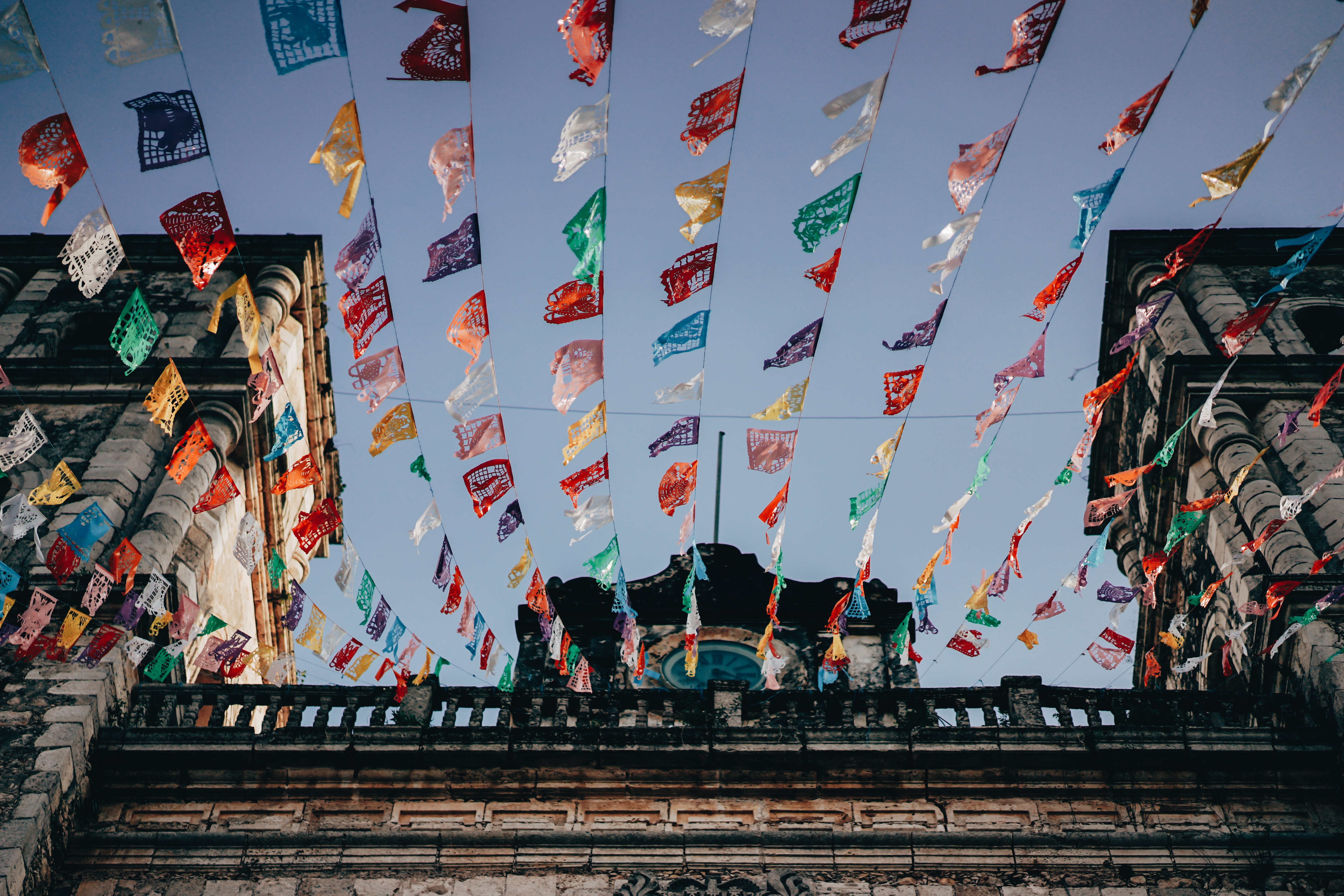Yerba Mate: A Tool of Empire

This event is a part of the 2019-20 Early Modern Latin American and Iberian Studies Workshop Series.
Sold in American supermarkets like Safeway, Sprouts, and Walmart, yerba mate originated among the indigenous peoples of Paraguay. It is consumed in southern South America as mate (where people gather to converse while drinking the hot beverage from the same metal straw and gourd) and it is an important part of national and regional identity. This presentation explores how during the colonial era, the Spanish Crown, local government officials, merchants, missionaries, and indigenous peoples turned yerba mate into an improvised and informal tool of empire that connected isolated frontier regions, acculturated indigenous peoples, and funded government activity from Paraguay to Buenos Aires, Brazil; Santiago, Chile; Potosí, Bolivia; and Lima, Peru. This process demonstrates how local actors utilized a commodity to decentralize and reinforce the composite nature of the Spanish Empire, and in doing so, they changed yerba mate from exclusively an indigenous good into a colonial South American good.
Julia Sarreal is a historian whose work focuses on the Río de la Plata region of South America. Her first book, "The Guaraní and Their Missions: A Socioeconomic History" (Stanford University Press, 2014) integrates quantitative and qualitative analysis to shed light on the experiences of the Guaraní Indians residing in Catholic missions during the 18th century. Socioeconomic in focus, her work takes a new approach to ethnohistory.